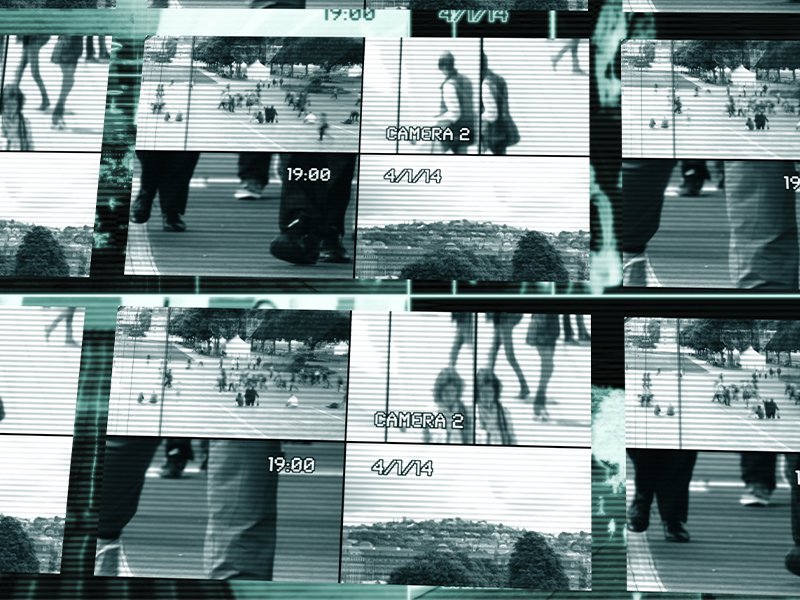When deposing an expert witness, there are several objections that can be useful in preserving the integrity of the deposition and ensuring that it remains focused on relevant issues. Here are four objections that can be particularly helpful, along with some tips on how to preserve them:
- Relevance objection: If the expert witness begins discussing issues that are not relevant to the case, the attorney can object on the grounds of relevance. To preserve this objection, the attorney should state the objection on the record and explain why the testimony is not relevant to the case.
- Speculation objection: If the expert witness is asked to speculate on issues that are not within their area of expertise, the attorney can object on the grounds of speculation. To preserve this objection, the attorney should state the objection on the record and ask the witness to clarify their statement or explain the basis for their opinion.
- Foundation objection: If the expert witness has not provided a proper foundation for their testimony, the attorney can object on the grounds of foundation. To preserve this objection, the attorney should ask the witness to explain the basis for their opinion and ask for any supporting documents or evidence.
- Opinion objection: If the expert witness offers an opinion that is outside the scope of their expertise or qualifications, the attorney can object on the grounds of opinion. To preserve this objection, the attorney should state the objection on the record and ask the witness to clarify the basis for their opinion or explain their qualifications to provide such an opinion.
In addition to these objections, it is important for the attorney to be prepared and organized before the deposition, and to have a clear strategy for questioning the expert witness. This can help to ensure that the deposition is focused and productive, and that objections are properly preserved.





